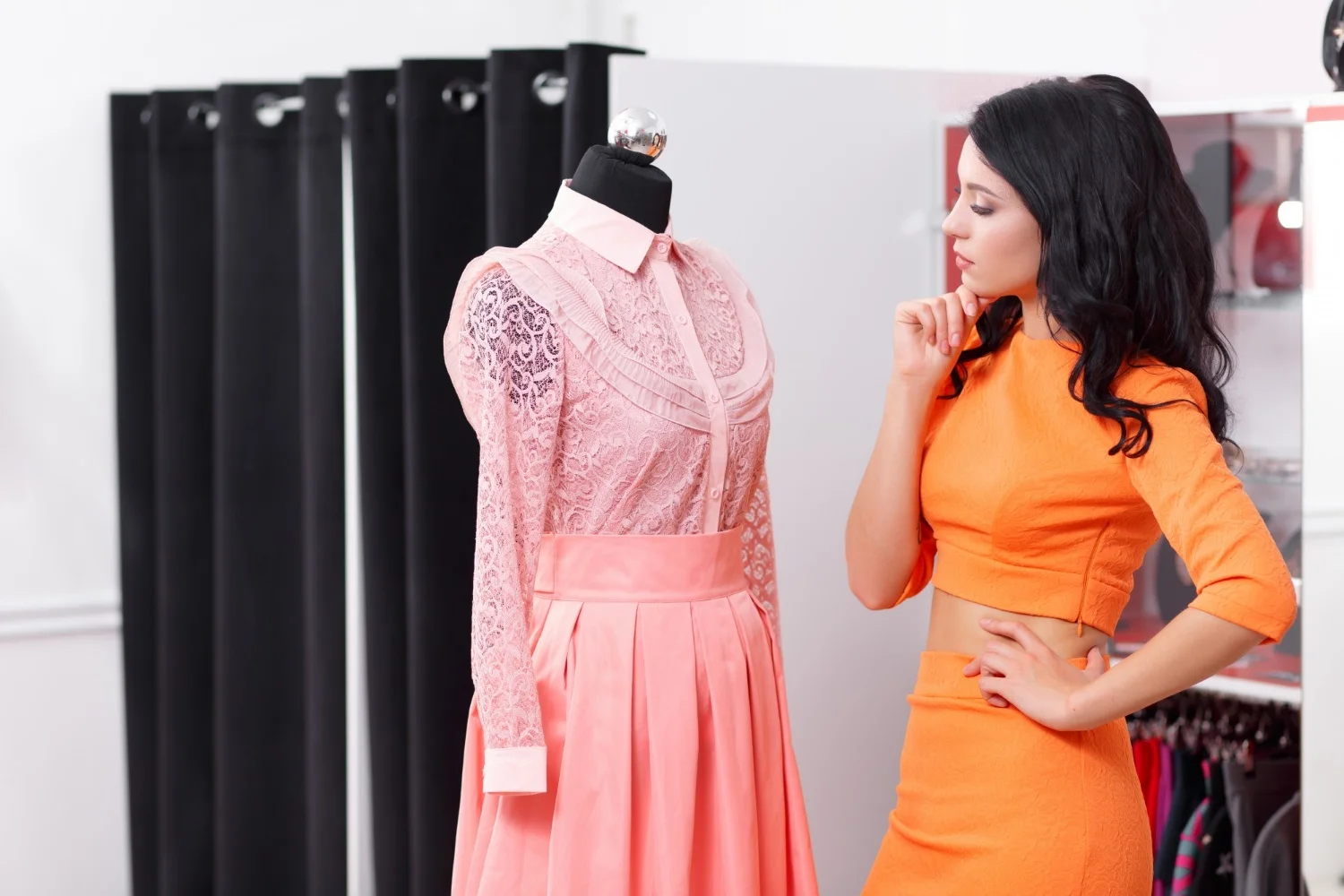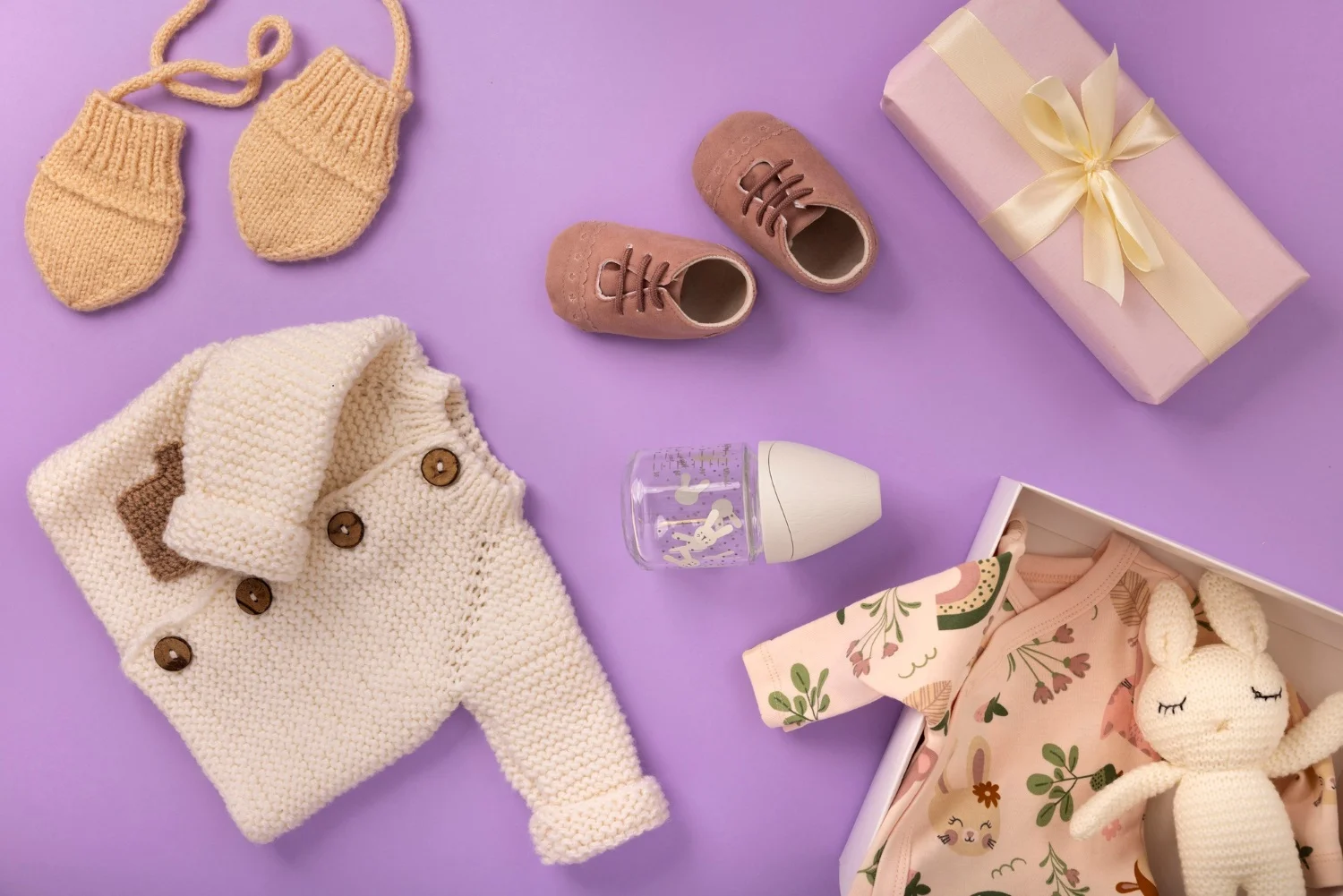Halara, a rising star in the activewear scene, has garnered attention for its trendy styles and affordable prices. But with the growing scrutiny of fast fashion practices, the question arises: Is Halara truly a responsible brand or simply another player in the fast fashion game?
Unveiling the Fast Fashion Facade: Common Characteristics
Halara exhibits some hallmarks of fast fashion:
- Trend-driven focus: Their collections frequently feature trendy designs, capitalizing on the latest styles and catering to impulse purchases.
- Focus on affordability: Competitive prices attract budget-conscious consumers seeking fashionable activewear without breaking the bank.
- Limited transparency: Information about their manufacturing processes, sourcing practices, and labor conditions remains relatively opaque.
These characteristics raise concerns about the environmental impact and ethical implications of their production, which are common criticisms of fast fashion.

Beyond the Surface: Glimmers of Sustainability Efforts?
While not explicitly labeled as a sustainable brand, Halara does showcase some efforts in this direction:
- Recycled materials: They claim to use recycled materials in some of their collections, although the extent of this practice remains unclear.
- Collaborations with environmental organizations: Partnerships with organizations like One Tree Planted suggest a commitment to sustainability, but the concrete impact of these collaborations needs further investigation.
These initiatives, however, lack the depth and transparency needed to definitively label Halara as a sustainable brand.
Navigating the Gray Area: Making Informed Choices
So, is Halara fast fashion? The answer isn’t a simple yes or no. They embody elements of both worlds:
- Fast fashion characteristics include trendy designs, affordability, and limited transparency.
- Glimmers of sustainability efforts: use of some recycled materials and collaborations with environmental organizations.
Ultimately, the fast fashion label holds less weight than your informed choices as a consumer.
- Demand transparency: Advocate for clearer information about Halara’s manufacturing, sourcing, and labor practices.
- Seek independent verification. Look for certifications like Fair Trade USA or GOTS for brands that are demonstrably committed to ethical and sustainable practices.
- Prioritize quality over quantity. Invest in durable, ethically made activewear that will last longer and reduce waste.
By exercising critical thinking and demanding transparency from brands like Halara, we can push the fashion industry towards a more sustainable and ethical future, regardless of the label they wear. Remember, the power to shape the future of fashion lies not just with brands but with the choices we make every time we invest in a piece of clothing.
FAQS:
Is Halara sustainable and ethical?
It’s difficult to definitively say. They exhibit elements of both:
- Sustainability: limited use of recycled materials, collaborations with environmental organizations (but the extent and impact are unclear).
- Ethics: There is no clear information about sourcing, labor practices, or ethical commitments.
Therefore, a definitive answer on their sustainability and ethical practices cannot be given.
Where does Halara get her clothes?
Halara is relatively opaque about their manufacturing locations. Their website offers no information, and public knowledge is limited. This lack of transparency raises concerns about potential ethical or environmental shortcomings in their supply chain.
Is Halara a safe website?
Halara uses industry-standard security measures, like SSL encryption, to protect your personal information during online transactions. However, as with any online shopping, it’s advisable to practice caution.
- Be wary of unsolicited emails or messages claiming to be from Halara.
- Do not share your financial information on unfamiliar websites.
- Use a secure connection when making purchases.
Is Halara a Chinese company?
While the information is not readily available on their website, some sources suggest Halara is based in Shenzhen, China. However, due to the lack of transparency, confirming this definitively is challenging.
Overall, while Halara offers trendy activewear at affordable prices, the lack of transparency surrounding their practices makes it difficult to assess their sustainability and ethical commitment. As a consumer, it’s essential to be aware of these limitations and prioritize informed shopping choices.
ALSO READ : HOW TO MAKE OLD FASHIONED PICKLED CORN ON THE COB




